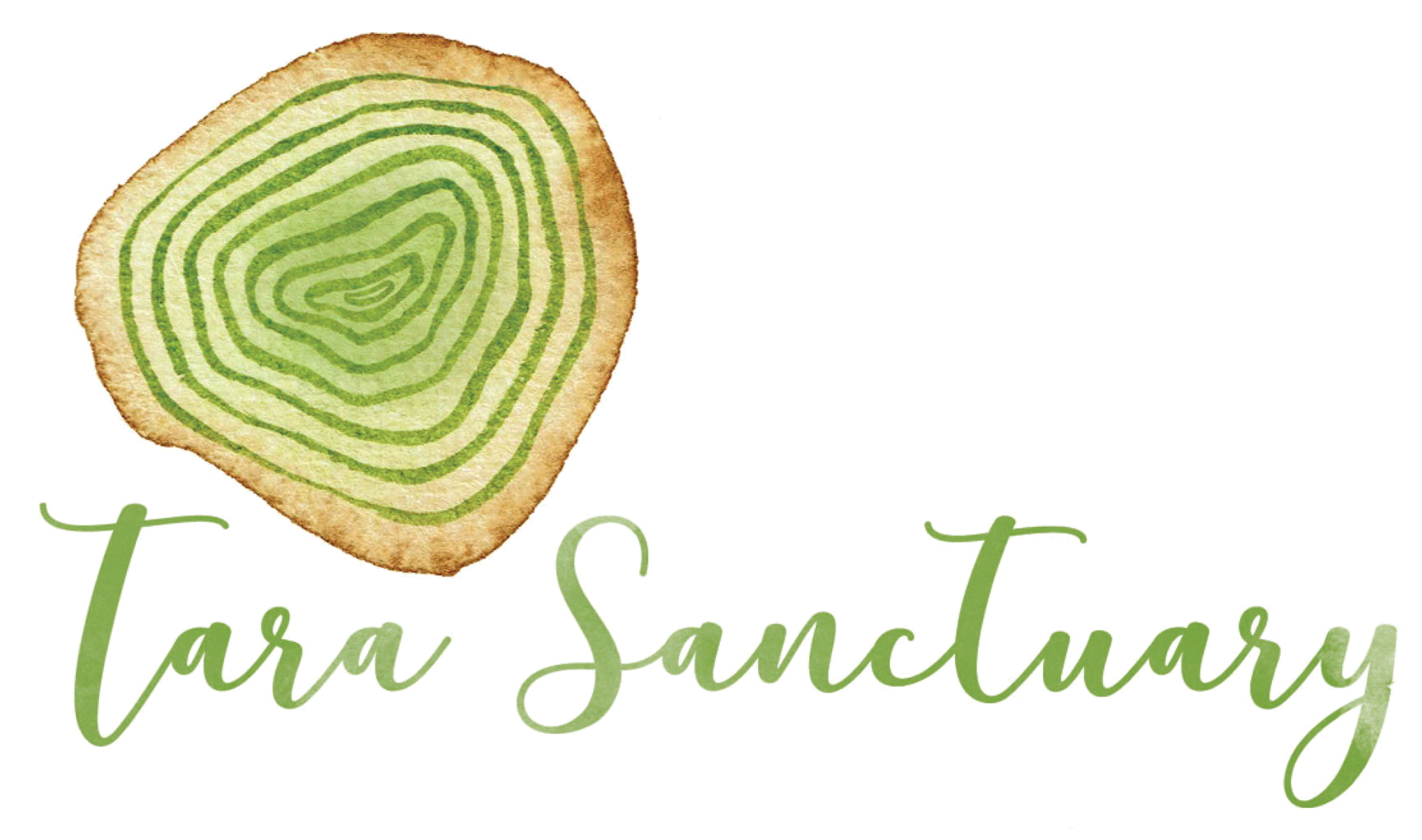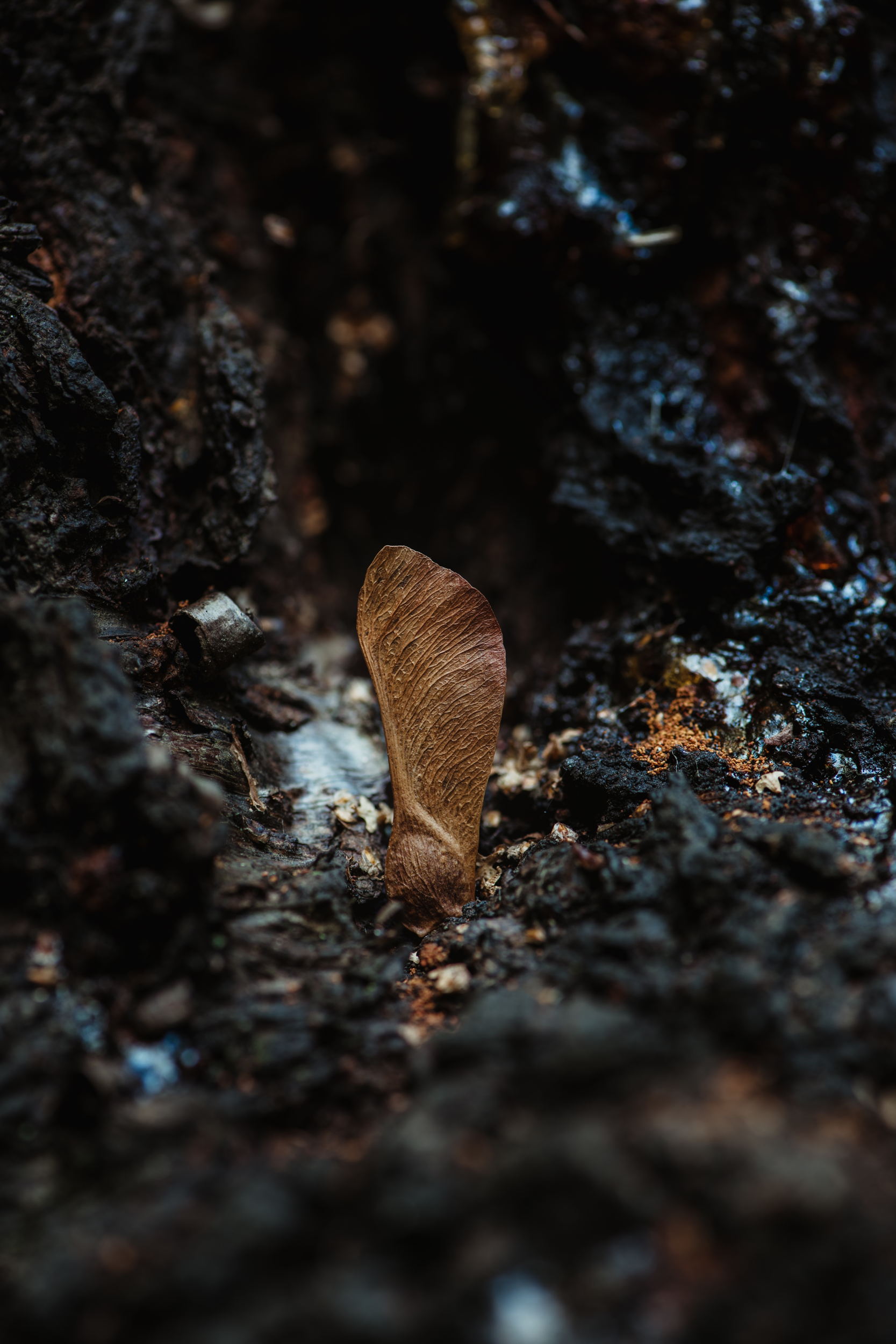A context for Buddhist practice
Our long term vision is to create a context for Buddhist retreats in nature with a powerful reminder of the fragility and preciousness of human life.
A connection between retreats and burials
Retreats might be planned in conjunction with a burial taking place, or include rituals to honour people buried there – e.g. the planting of memorial trees. For those who are Buddhists, it offers the opportunity to organise or participate in funeral ceremonies in a context where Buddhist practice regularly happens.
Reminders of death as a context for spiritual practice
The reminders of the impermanence and the preciousness of life will create a powerful context for Buddhist practice, as reflecting on impermanence is integral to Buddhism. We are making a link with the tradition where Buddhist practitioners in the past would meditate in cremation grounds. Even outside of retreats, the site will be a space for meditation and reflection.
Retreat days
Work on the land could provide an opportunity for retreat days, combining mindful work with sitting and walking meditation, talks, rituals, etc. These days could connect the project to nearby Buddhist communities (Sanghas), as well as to the local community. The project team is mainly from the Triratna Buddhist Community, and hopefully, there can be a strong connection with the Triratna Centre in Bristol.
Eco-friendly retreats
The retreats will offer the chance to ‘live lightly’, with minimum environmental impact. People will bring their own tents to sleep in and communal facilities for cooking, washing and gathering will be simple and use low-carbon, sustainable technology.
It will be a non-profit livelihood guided by Buddhist ethical precepts
Phase one
Simple burial plots:
The project offers the opportunity to expand gradually, starting with the simple provision of burial plots. Some natural burial grounds provide only this; others offer a full funeral arranging service.
Land work:
Maintaining the land and developing it into a nature reserve will be a core part of the livelihood. We would hope to get volunteers involved, get support from local wildlife trusts, and attract grant funding.
Phase two
Developing facilities for funerals and wakes
Creating conditions for Buddhist Retreats
Vegetarian catering for wakes
We are guided by the Buddhist ethical principles
Not killing or causing harm and it’s Positive counterpart:
Love and kindness
Not taking the not given and it’s Positive counterpart:
Generosity.
Not committing sexual misconduct and it’s Positive counterpart:
Stillness, simplicity, contentment.
Avoiding false speech and it’s Positive counterpart:
Truthfulness.
Abstaining from intoxicants which cloud the mind and it’s Positive counterpart:
Mindfulness/ awareness.
The project aims to accord with these precepts, both in its overall purpose and in how it operates.
The environmental aspect is in line with the first precept of avoiding harm to life.
We want to offer burials and facilities for ceremonies at affordable rates, and retreats on the basis of donation, expressing the second precept of generosity.
Building community through connection with, and care for, the land
Having loved ones buried or commemorated here will naturally tend to connect people with this place. Maybe they will want to get to know it intimately, learn about the habitat, trees, plants and wildlife, and help care for it.
We also hope a sense of community will grow from the shared connection with the place, bringing a desire to work together on it, support the project generally, and for those interested in Buddhism, to practise together on the retreats.


